“I can’t think of a book on nature and science that I am more eagerly looking forward to reading. Suzanne Simard is a pioneer on the frontier of plant communication and intelligence, and this book promises to change our understanding
about what is really going on when a tree falls in the forest, and other pressing mysteries about the natural world.”
—
Michael Pollan, New York Times bestselling author of eight books, including
The Omnivore’s Dilemma and
Botany of Desire“In [
Finding the Mother Tree], Simard contends that at the center of a healthy forest stands a Mother Tree: an old-growth matriarch that acts as a hub of nutrients shared by trees of different ages and species linked together via a vast underground fungal network. Her argument is elegantly detailed here alongside a deeply personal memoir, with her story and that of the forest tightly interwoven.”
—The New York Times
“[
Finding the Mother Tree] excited us with a narrative about the awe-invoking power of nature and the compelling parallels in Suzanne’s personal life. It forever transformed our views of the world and the interconnectivity of our environment.
Finding the Mother Tree is not only a deeply beautiful memoir about one woman’s impactful life, it’s also a call to action to protect, understand and connect with the natural world.”
—Amy Adams and Bond Group co-founder Stacy O’Neil
“In [
Finding Mother Tree], [Simard] invites us into her world, which is the world of trees. What she has discovered there is revolutionary on both the scientific and the spiritual level. It is so extraordinary that it is, frankly, hard to believe—until you see the data, the science, the rigor, and the many independent affirmations of her findings. . . . The future of this planet depends on our ability to understand Nature and integrate what she is telling us; Simard is one of her most insightful and eloquent translators.”
—John Vaillant, bestselling author and winner of the Governor General’s Award for Non-Fiction (Canada) for
The Golden Spruce,
The Tiger, and
Jaguar’s Children
“[Finding the Mother Tree] offers a chance for readers to get to know her more intimately—her insights, her humor, her struggles, her determination. It’s an inspiring story of how a child in love with the woods became a world-renowned scientist discovering their secrets—and perhaps saving them in the process.”
—Kristin Ohlson, New York Times estselling author of six books, including The Soil Will Save Us, Stalking the Divine, Kabul Beauty School, and Life as We Know It
“Suzanne Simard’s research into the secret, communicative life of North American forests is utterly compelling. No one knows trees, from canopy to root tips, quite like she does.”
—Charlotte Gill, winner of the Hubert Evans Non-Fiction Prize for Eating Dirt and of the Ethel Wilson Fiction Prize for Ladykiller
“the science is solid. . . clear, understandable, and necessary”
—Kirkus
“Suzanne Simard elegantly dispels the lingering myth that scientists are unfeeling robots, mindlessly reducing complexity into digestible units of information. She does this effectively by telling the stories of her life, and she shows us how personal experiences can drive discovery and understanding. As a highly respected scientist who has forever changed how people view forests, I can think of no one better suited to bring more humanity into the process of science.”
—JC Cahill, Professor of Plant Ecology at University of Alberta, and author of bestselling University ecology textbook Ecology: Concepts and Applications
“Every once in a while a scientist comes along who can convey complex, technical ideas in a way that is both dazzling and profound. Suzanne Simard is such a one. . . . It is she who came up with the phrase, Wood Wide Web. It introduces new notions of symbiosis and co-evolution, communication and kin, notions that upend our definition of sentience. . . . Finding the Mother Tree taps into [a large] audience, of people moved by the idea that other organisms besides us are conscious, that the planet is a connected ecosystem, that salvation can be found in nature.”
—Eugenia Bone, author of six books, including At Mesa’s Edge, Italian Family Dining, Mycophilia: Revelations from the Weird World of Mushrooms, and Microbia: A Journey into the Unseen World Around You
“Dr. Suzanne Simard is a world-leading scientist who has developed a strong, well-recognized research program at UBC. In addition, one of her strengths is communicating her work to a broader audience. She is able to ‘escape from the ivory tower’ and share her passion and scientific results with the general public and laypersons. Her scientific work provides her a great story to share, and I believe the time is ripe for this story.
—Klaus Puettmann, author of A Critique of Silviculture and Managing Forests as Complex Adaptive Systems
“In Finding the Mother Tree, pioneering researcher Suzanne Simard describes how her appreciation and understanding of forests developed. She vividly links her childhood experiences in the mountains of British Columbia, her early work in forest management, and her personal hardships to the scientific discoveries that have forever changed the way we view forests. The stories she tells, and the insights she draws from them, will inspire readers and change the way they think about the world around them.
—Catherine Gehring, Professor of Biology at Northern Arizona University
Author of Mycorrhizal Mediation of Soil–Fertility, Structure, and Carbon Storage
“Suzanne Simard’s Finding the Mother Tree reminds us that the world is a web of stories, connecting us to one another. Her vivid manuscript carries the stories of trees, fungi, soil and bears—and of a human being listening in on the conversation. The interplay of personal narrative, scientific insights, and the amazing revelations about the life of the forest make a compelling story. . . . I have great admiration for her science and her storytelling alike. These are stories that the world needs to hear.”
—Robin Wall Kimmerer, Director of SUNY-ESF Center for Native Peoples and the Environment, and winner of both the Sigurd F. Olson Nature Writing Award for Braiding Sweetgrass and the John Burroughs Medal Award for Gathering Moss
“This book will have profound implications for our human relationships with the natural world. . . . [T]he insights presented by Dr. Simard point towards a complete paradigm shift in the ways we humans interact with forests, trees, and other species. . . . Finding the Mother Tree will be a celebration of this realization, and a key milestone in humanity’s journey towards reconciliation, with Indigenous Peoples and with Nature.”
—Nancy Jean Turner, Professor of Ethnobotany at the University of Victoria, author of four books including Earth’s Blanket, admitted to the Order of British Columbia and winner of Canadian Botanical Association Lawson Medal
“This is a great read. Dr. Simard opens up her heart and soul as she shares her scientific journey.. The book has elements of both E.O. Wilson’s Naturalist, covering his development as a scientist, and Wild by Cheryl Strayed, who pushed through personal issues and found answers in Nature. For anyone who simply enjoys a walk in the woods and wonders what makes the forest work.”
—Thomas R. Horton, Professor, Mycology State University of New York, Syracuse Dept. of Environmental and Forest Biology
“In Finding the Mother Tree, science and personal experience are inextricably linked, as densely interwoven as the underground networks that knit forests together—all of it rendered in elegant and thoughtful prose. Simard’s book is as sturdy, impressive and beautiful as a big red cedar.”
—The Tyee
DR. SUZANNE SIMARD is a Professor of Forest Ecology at the University of British Columbia, where she currently leads The Mother Tree Project and co-directs the Belowground Ecosystem Group. Dr. Simard has earned a global reputation for pioneering research on tree connectivity and communication and studying the impact on the productivity, health, and biodiversity of forests. Her work has been published widely, with over 170 scientific articles in peer-reviewed journals, including Nature, Ecology, and Global Biology, and she has co-authored the book Climate Change and Variability. Her research has been communicated broadly through three TED Talks, TED Experiences, as well as articles and interviews in The New Yorker, National Geographic, The Globe and Mail, NPR, CNN, CBC, and many more. She lives with her two adventurous daughters and their wild and crazy extended family in the mountains around Nelson, British Columbia.

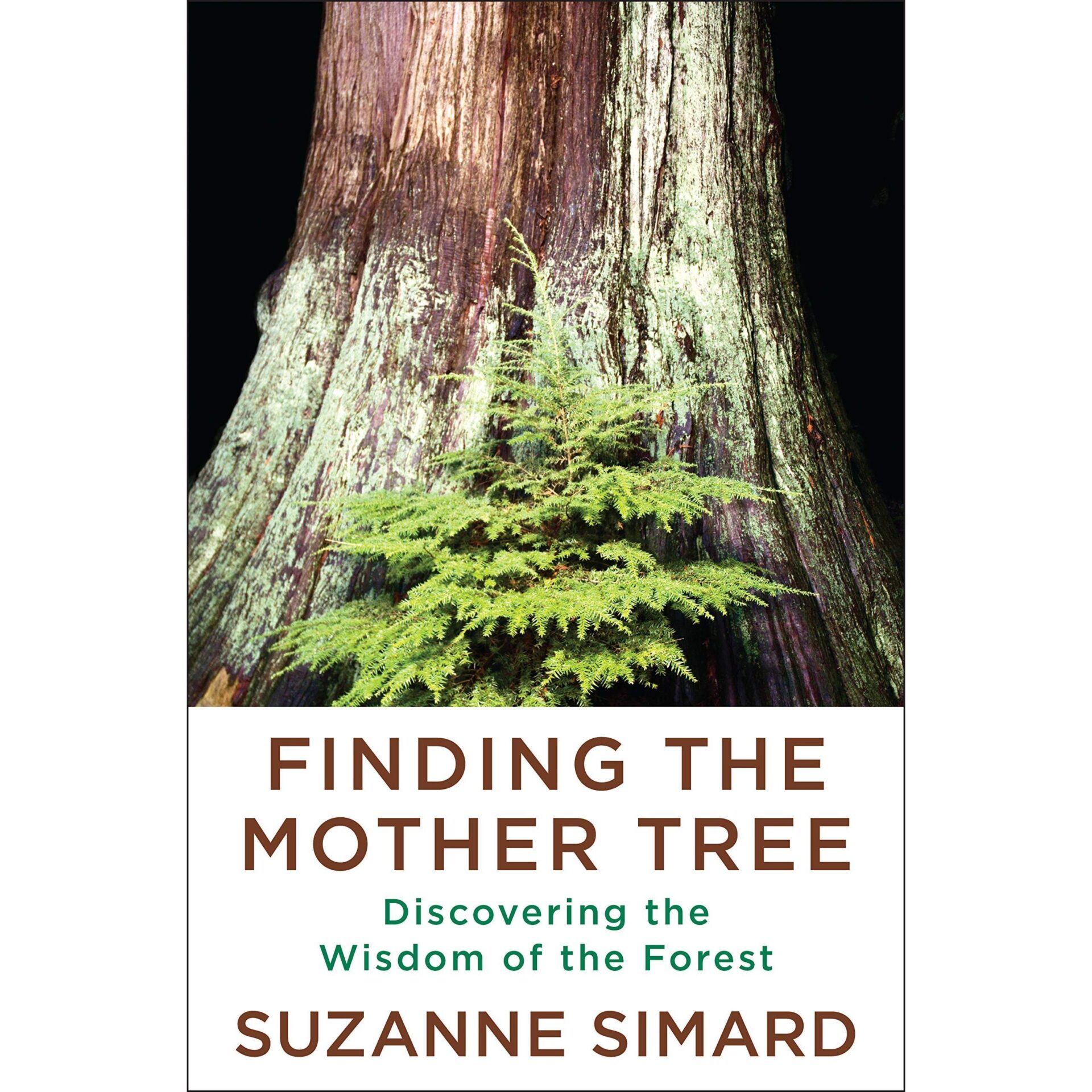

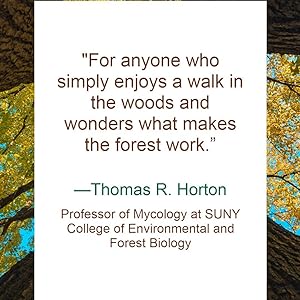
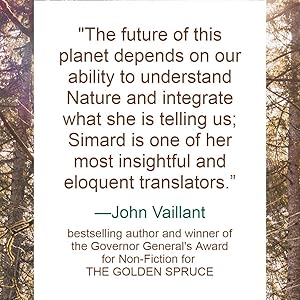



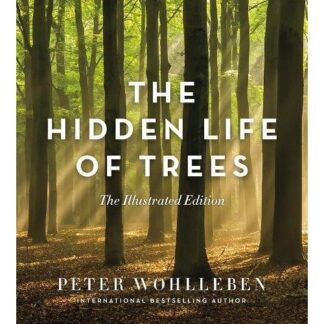
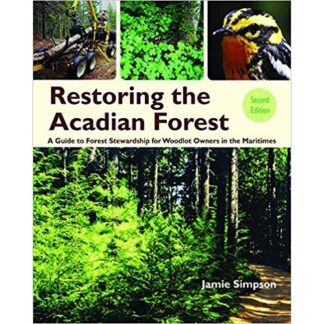
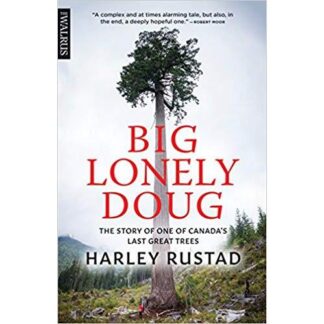









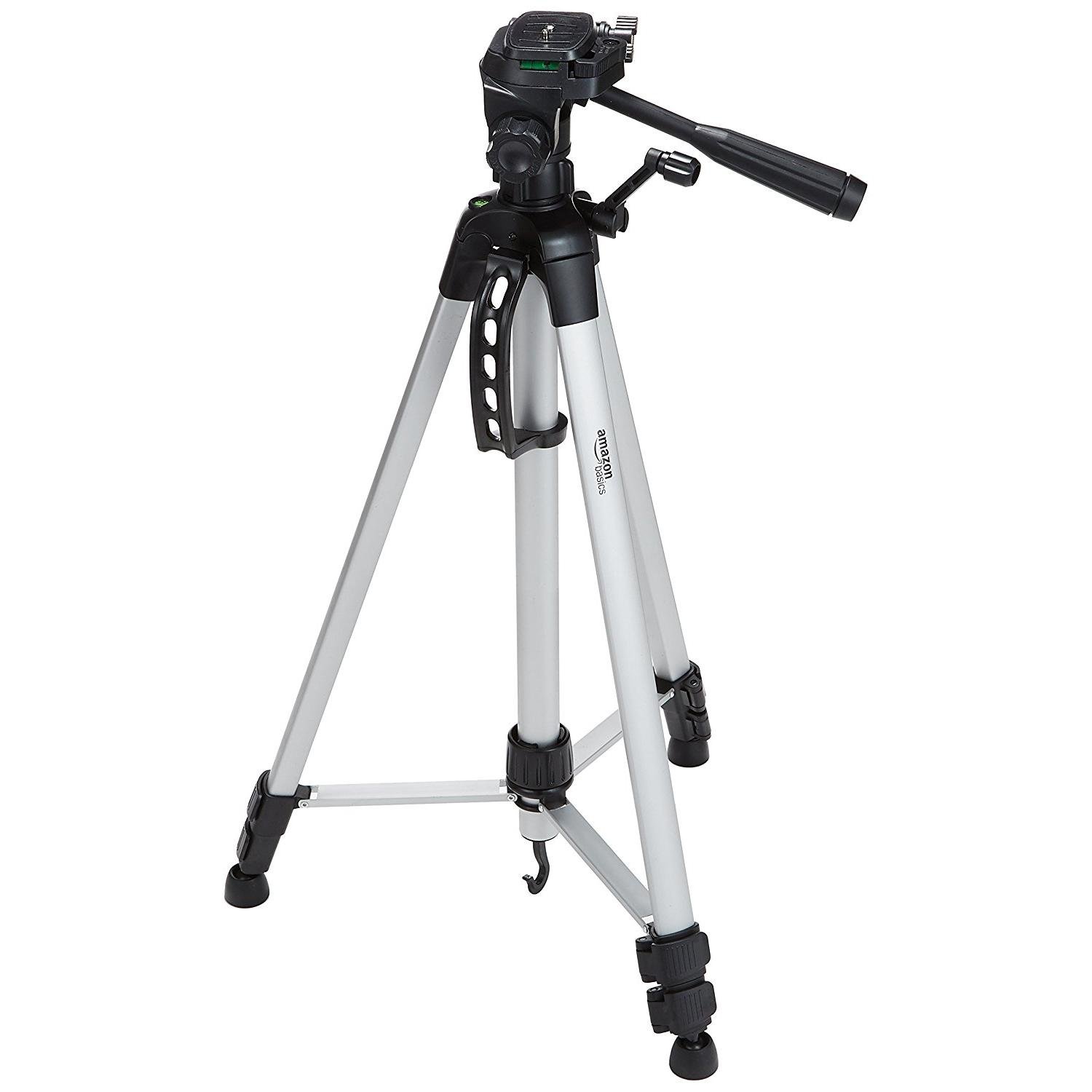
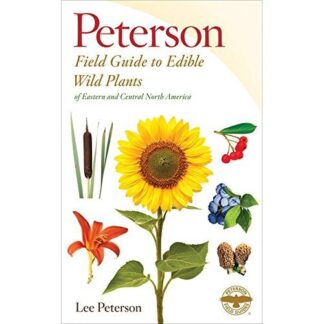
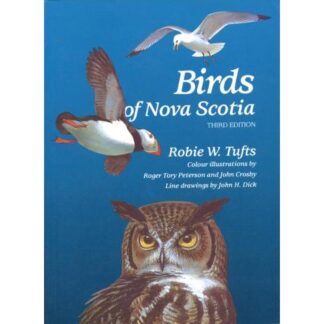
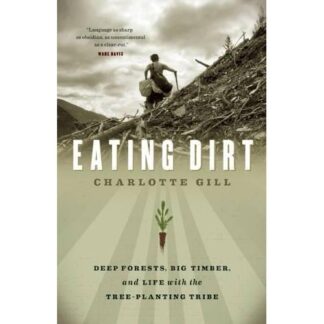
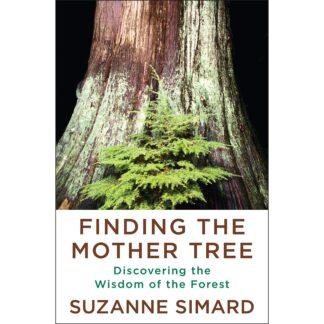

Reviews
There are no reviews yet.